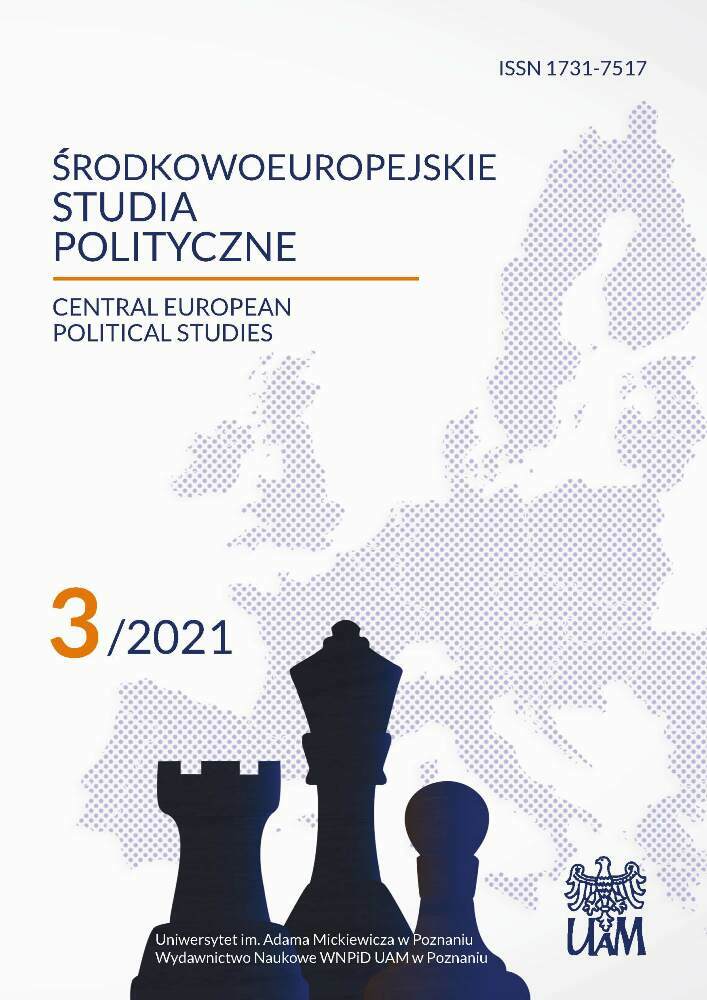Abstract
Biopolitics focuses on the impact of globalization on the well-being of the individual and society as a whole. Accordingly, issues of human security and the threats posed by the process of globalization, as well as the transition from a disciplinary regime to a regime of governance at the global level, which, based on democratic values and liberal norms, are raised. That is why the problem of social justice and equality is solved. The issue of human safety within global governance should be emphasized. It is about a sense of security as a basic human need. Moreover, it is about the global security necessary for the survival and reproduction of humanity as a whole. As well as the study of potential socio-political consequences of the development of biotechnology and genetic engineering in the global dimension. This huge set of issues must be concretized, systematized, and logically structured through the analysis of the impact of globalization on the state of the individual, its relationship with the concept of bios; introduction at the international level of the doctrines of social justice, protection of human and civil rights at the global level; study of potential socio-political consequences of the development of biotechnology in the global dimension; introduction of new biopolitical models of power, governance and international relations; analysis of the theory of global evolution.
References
Cage М. (2010), With or without you: Biopolitics and International Relations, A review of Global governance and biopolitics, London.
Callebaut W. (1987), Evolutionary Epistemology Today: Converging Views from Philosophy, the Natural and the Social Sciences, Evolutionary Epistemology: A Multiparadigm Program, Reidel publishing company, Dordrecht.
Cheshko V., Kuz O., Tehnologiya biopolitiki i biopolitika tehnologii (metafizicheskoe i politiko-antropologicheskoe esse), http://repository.hneu.edu.ua/bitstream/123456789/23396/1/Cheshko_V.T.%2C_Kuz_O.M._stattya_2.pdf, 27.05.2021.
Human security in theory and practice (2009), https://www.unocha.org/sites/dms/HSU/Publications%20and%20Products/Human%20Security%20Tools/Human%20Security%20in%20Theory%20and%20Practice%20English.pdf, 20.05.2021.
Kostiuchkov S. (2015), Biopolitychne pidgruntia filosofsko-osvitnoi kontseptsii v umovakh hromadianskoho suspilstva, Ailant, Kherson.
Negri А. (2007), The Labor of the Multitude and the Fabric of Biopolitics, “Mediations”, vol. 23, no. 2, https://mediationsjournal.org/articles/the-labor-of-the-multitude-and-the-fabric-of-biopolitics, 25.05.2021.
Pettman R. (1981), Biopolitics and international values. Investigating liberal norm, Pergamon Press, New York.
Vaiier S. (2016), Kryza «bizhentsiv» ta post natsionalni prykordonni zony: doslidzhieuiuchi novi biopoltychni realii Yevropeiskoho soiuzu, vol. 279, http://litstudies.chdu.edu.ua/article/view/84092/79550, 20.05.2021.
License
Copyright (c) 2021 Anastasia Kravets

This work is licensed under a Creative Commons Attribution 4.0 International License.

